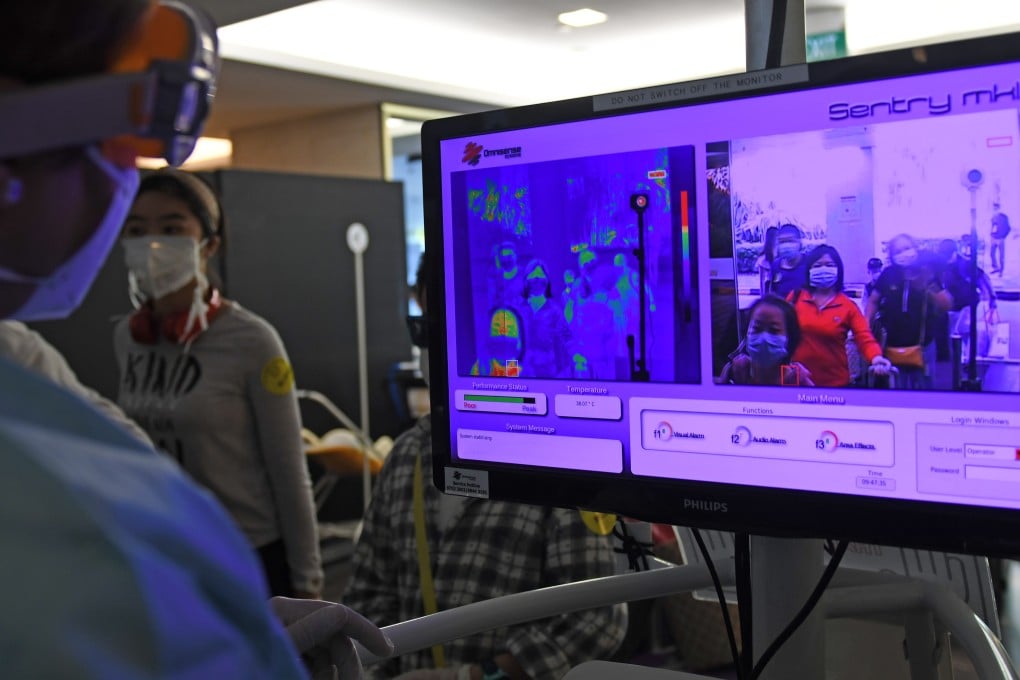From Sars to Covid-19, what lessons has Singapore learned?
- The 2003 Sars outbreak was a ‘wake-up call’ for the Lion City not to let its guard down regarding infectious diseases, experts say
- Since then, Singapore’s advances in virus research, improved agency tie-ups, and decisive action by officials have equipped it to better battle the coronavirus

A shift in priorities in the city state’s health care system over the past two decades could explain why health professionals were unprepared for the outbreak and the sweeping impact it had, said health economist Phua Kai Hong.
“In our public health schools, we saw a trend of a decline in infectious diseases. Most of our doctors and training then shifted towards chronic diseases and ageing,” said Phua, who was an associate professor of public health administration at the National University of Singapore during the Sars outbreak. “But new infectious diseases came back with a vengeance and Sars was a good example.”
More than 230 people in Singapore were infected with Sars, which killed 33 patients over three months. Since then, the country has upped its game and taken a more proactive approach when infectious diseases emerge, Phua said.
Tedros Adhanom Ghebreyesus, chief of the World Health Organisation (WHO), on February 20 praised Singapore’s efforts to leave no stone unturned when weeding out cases of the coronavirus, which causes the pneumonia-like Covid-19 disease.